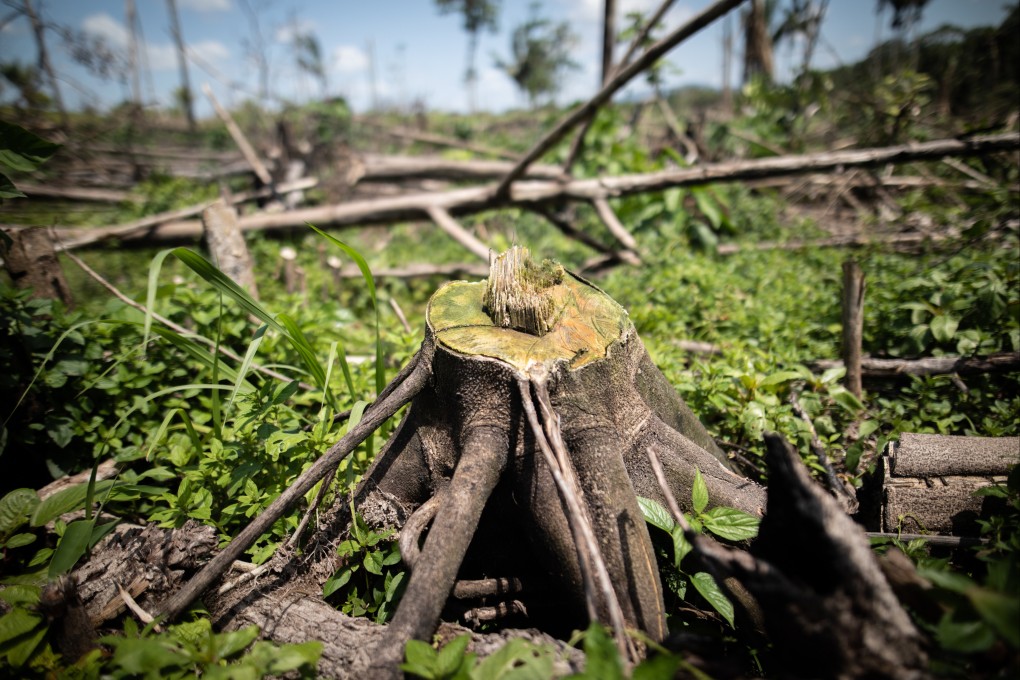Advertisement
COP26 deforestation pledge: what Indonesia, Brazil and the world can do to make it a success
- Nations must quickly strengthen forest protection laws, line up funding and include indigenous people in conservation efforts, experts say
- Similar pledges have been made in the past, but have not been met by governments and businesses
Reading Time:5 minutes
Why you can trust SCMP

Thomson Reuters Foundationin Kuala Lumpur
Global leaders who have pledged to halt deforestation by 2030 must move quickly to strengthen forest protection laws, line up funding, and include indigenous people in conservation efforts to have the best chance of success, environmentalists say.
Advertisement
More than 100 leaders last month agreed to halt and reverse deforestation and land degradation by the end of the decade, underpinned by US$19 billion in public and private funds to invest in protecting and restoring forests.
The commitment – made at the COP26 climate talks in Glasgow and backed by forest-rich countries such as Brazil, Indonesia and the Democratic Republic of Congo – covers forests totalling more than 13 million square miles (33.7 million sq km).
Fran Raymond Price, global forest practice lead at environmental group WWF International, said there was an urgent need to see the Glasgow forest declaration turned into meaningful action.
“The political will demonstrated by the governments who signed this commitment is a welcome first step,” she said.
Advertisement
“[But] we need to see this now translated into legislative action within the next year or two, with transparency, accountability and involvement of … indigenous peoples and local communities.”

Advertisement
